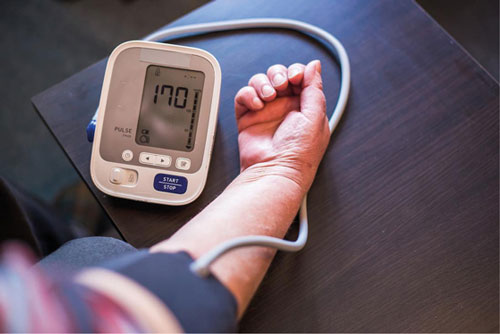IN this Special Feature, we examine a potential link between sleep apnea, hypertension, and gut bacteria. Although a link between the three may seem unlikely on the surface, scientists are unraveling the connections.
Before taking a look at the bonds between these three seemingly unconnected things, we should start with an explainer: What is sleep apnea?
Sleep apnea is a condition where an individual stops breathing for periods throughout the night.
Obstructive sleep apnea (OSA), the most common form, occurs when throat muscles temporarily relax and block the airways.
Central apnea, which is relatively rare, occurs when the brain does not send appropriate signals to the muscles engaged in breathing.
The issue here lies within the central nervous system, rather than a physical obstruction of the airway.
OSA affectsTrusted Source an estimated 22% of men and 17% of women. If undetected, it can increase the riskTrusted Source of developing heart disease and depression. Research also suggests a link between OSA and endocrine disorders such as type 2 diabetes, neurological disorders including epilepsy, and hypertensionTrusted Source.
Hypertension needs no introduction. It is even more prevalent than sleep apnea, affecting nearly halfTrusted Source of adults in the United States. Worldwide, high blood pressure affects around 1.28 billionTrusted Source people aged 30–79.
Although treatment for hypertension is available, the drugs do not work effectively for some individuals. It is not always clear why this is the case, but OSA is commonTrusted Source in individuals with drug-resistant hypertension.
Also, research suggests that there is a dose-response relationship between sleep-disordered breathing and hypertension.
In other words, individuals with more severe breathing difficulties at night have an increased risk of developing hypertension.
Scientists are still exploring the mechanisms involved in the link between OSA and hypertension.
Multiple pathwaysTrusted Source are likely, but some researchers believe that the gut microbiome might play a role.







